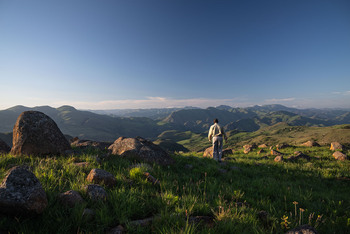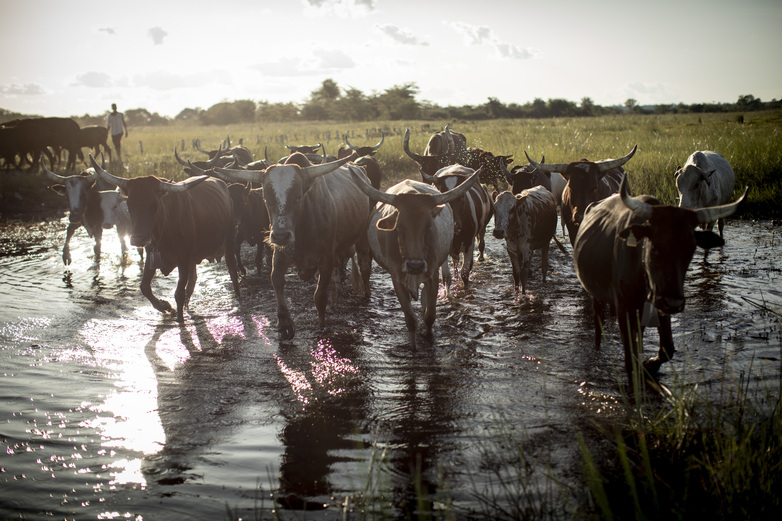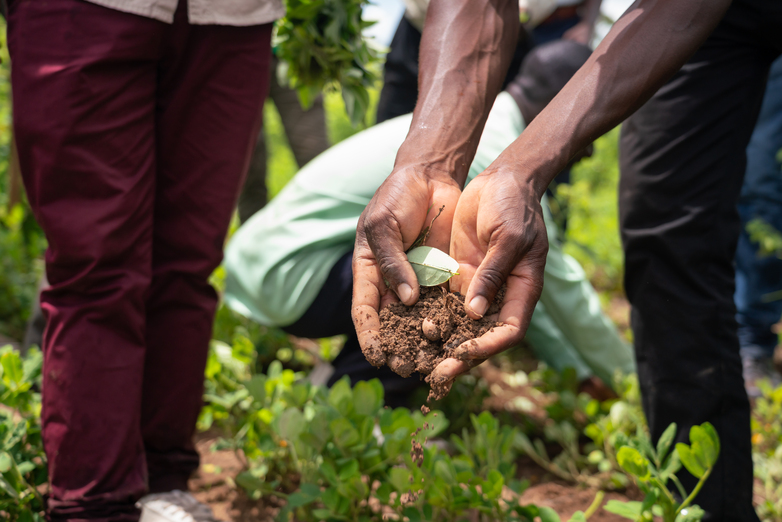Protecting natural resources across borders
Climate Resilience and Management of Natural Resources in the SADC Region
-
Commissioning Party
German Federal Ministry for Economic Cooperation and Development (BMZ)
-
Country
SADC member states
-
Lead executing agency
More
-
Overall term
2021 to 2024
-
Products and expertise
Climate, environment, natural resource management

Context
Forecasts predict that southern Africa will experience significantly higher temperatures and reduced rainfall by 2100. Population growth, the expansion of agricultural land and environmentally harmful practices are creating additional pressure to exploit natural areas. As a result, key ecosystems are disappearing.
The Southern African Development Community (SADC) is therefore setting up Transfrontier Conservation Areas (TFCAs), with the aim of conserving biodiversity, safeguarding the livelihoods of rural communities, promoting tourism and improving climate change resilience. To date, 18 TFCAs have been registered, covering around 10 per cent of the land area of the SADC member states.
However, the TFCAs currently do not systematically consider climate change. Training opportunities on this topic are limited. In addition, tourism – which is key for the TCFAs – reduced dramatically as a result of the COVID-19 pandemic.
Objective
Climate change is systematically taken into account in the cross-border management of natural resources in the SADC region.

Approach
The project works with the population in the communities, local policy-makers, training institutions and the national governments of the individual states as well as the SADC Secretariat. It covers four areas of action:
1. The project anchors climate change in the cross-border management of natural resources. It analyses the risks of climate change as well as mitigation measures and facilitates access to financing.
2. It disseminates knowledge about climate-sensitive resource management through knowledge platforms and networks. New regional training offerings at training institutions and eLearning formats facilitate access to knowledge and promote regional cooperation.
3. The project works with individual communities to implement demonstration projects in the area of climate-smart agriculture and resource management. In doing so, it promotes cross-border cooperation among the population.
4. The project supports the tourism industry with mitigating the effects of the COVID-19 pandemic – both in the region and in international forums. It works to harmonise COVID-19 standards, intensify marketing and facilitate cross-border travel.

Last update: March 2023





